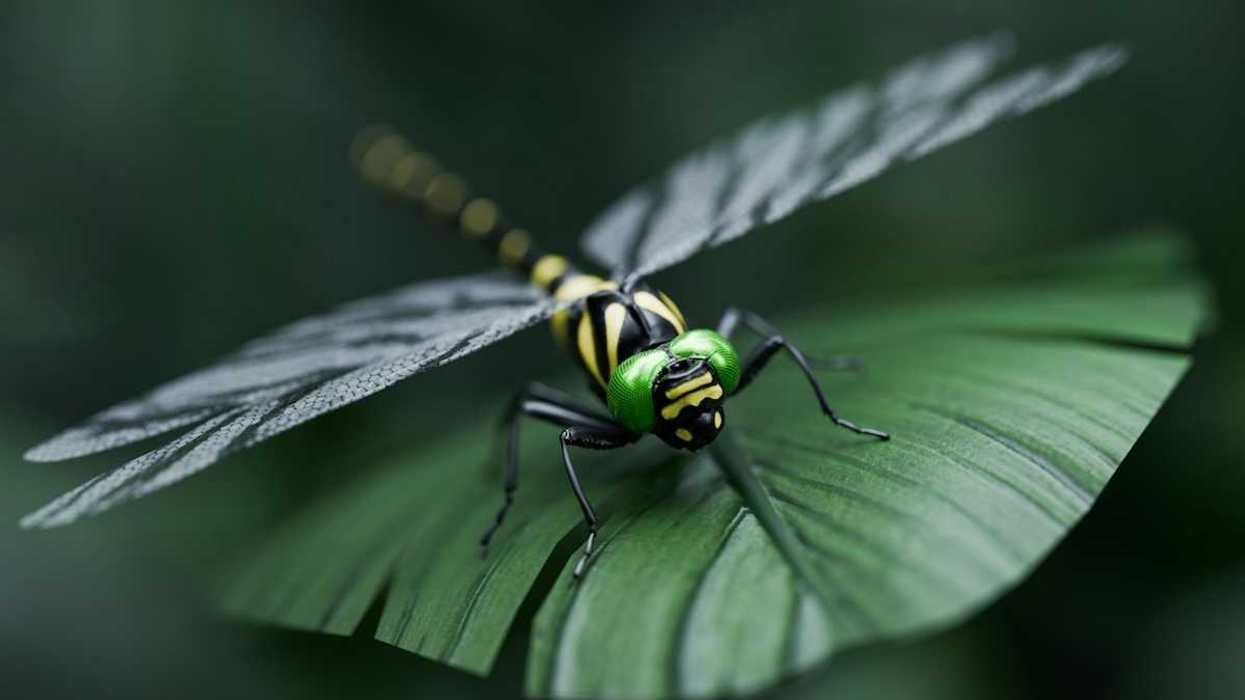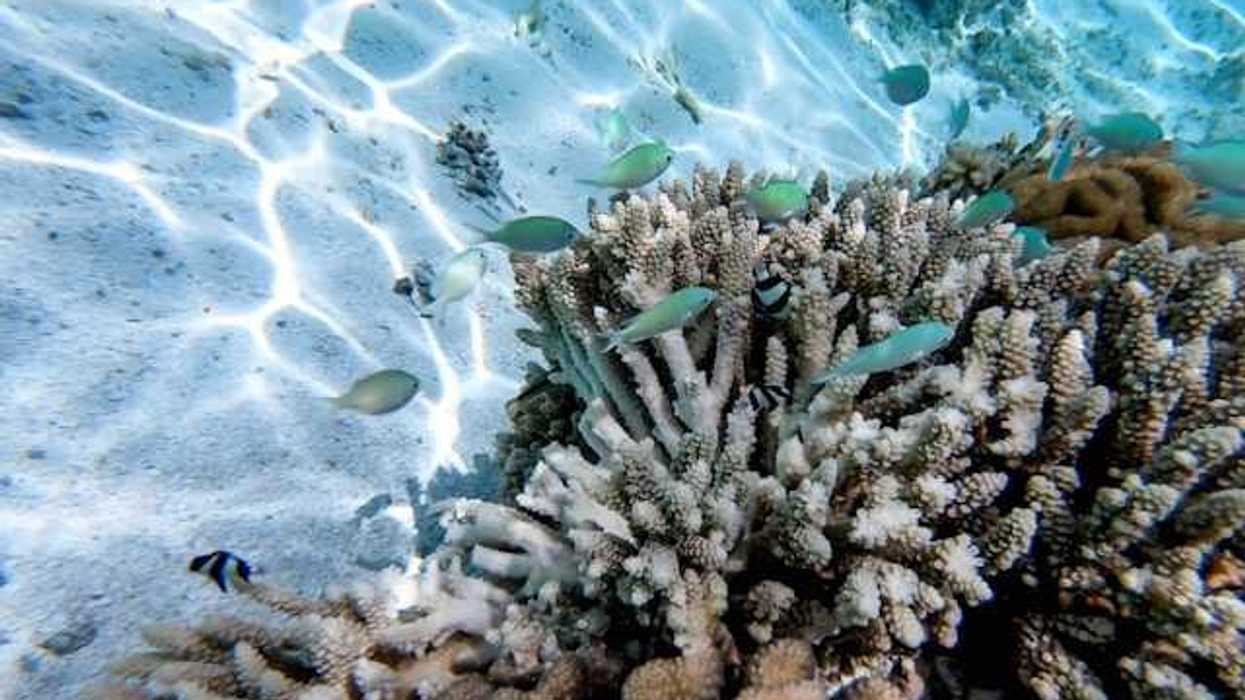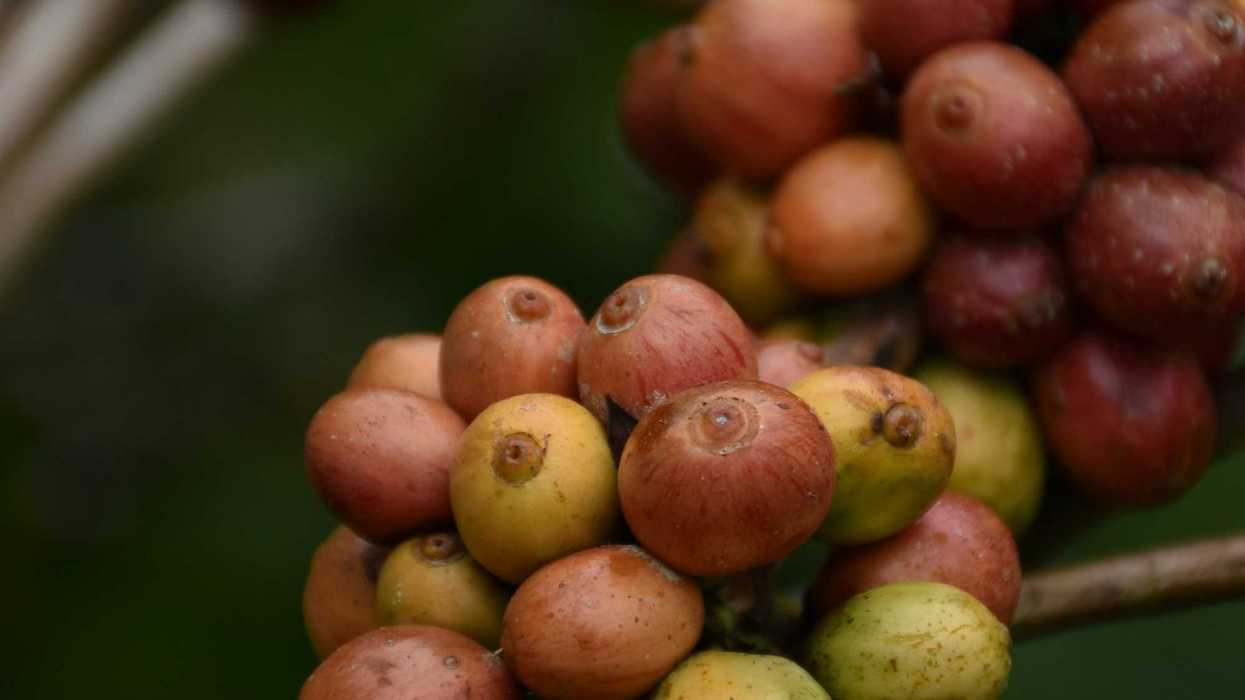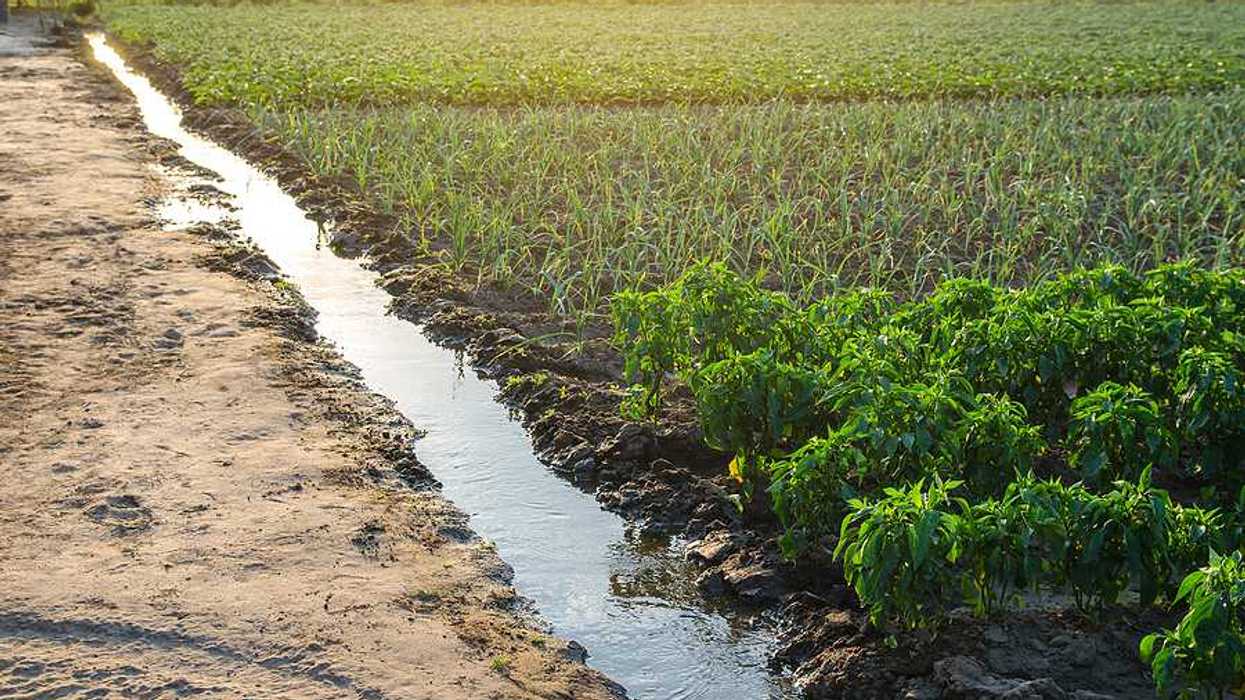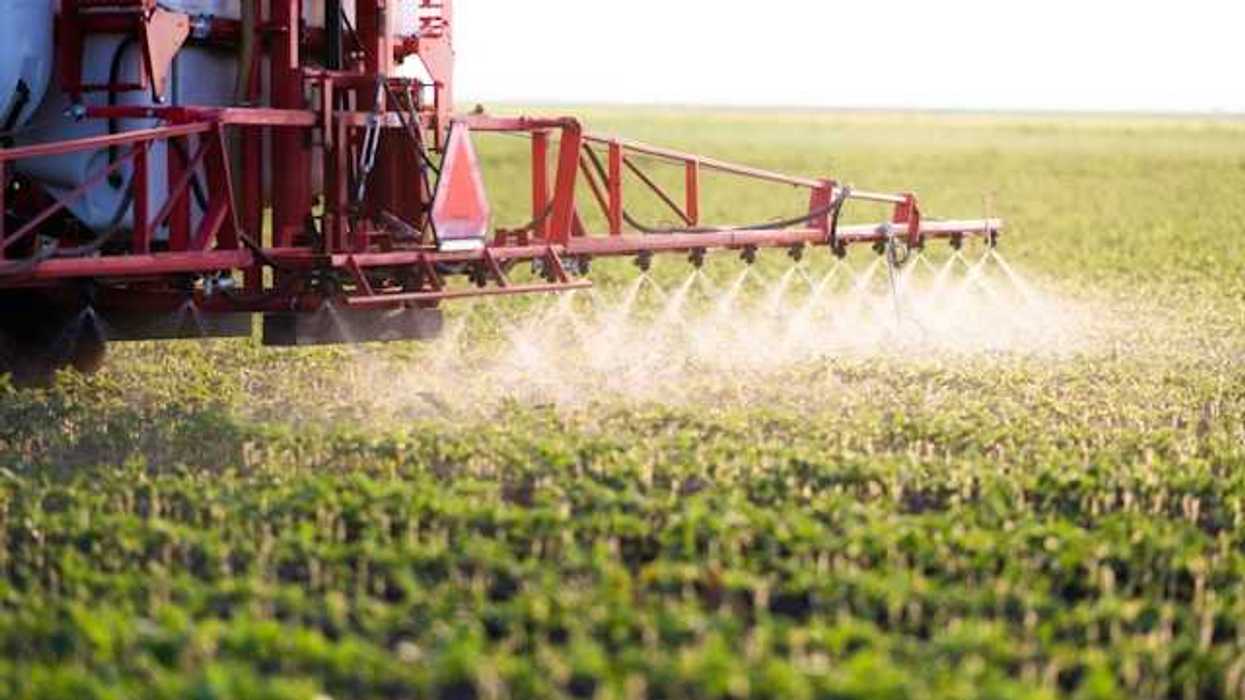A major tar sands wastewater spill in Alberta continues to impact the Athabasca Chipewyan First Nation, highlighting regulatory failures and environmental risks.
Ruth Kamnitzer reports for Mongabay.
In short:
- In 2023, 5.3 million liters of toxic wastewater spilled from Imperial Oil’s Kearl site, followed by another pond leaking for nine months.
- The Athabasca Chipewyan First Nation sued the Alberta Energy Regulator in March 2024 over handling the spills and regulatory neglect.
- The community faces ongoing concerns over drinking water safety, traditional food sources, and environmental health.
Key quote:
"Knowing that turning that tap on could be detrimental to my health … I felt so alone."
— Allan Adam, chief of the Athabasca-Chipewyan First Nation
Why this matters:
The spill exposes significant risks from tar sands operations, affecting the health and environment of Indigenous communities. Regulatory gaps and ineffective cleanup efforts worsen these dangers, threatening their way of life.




